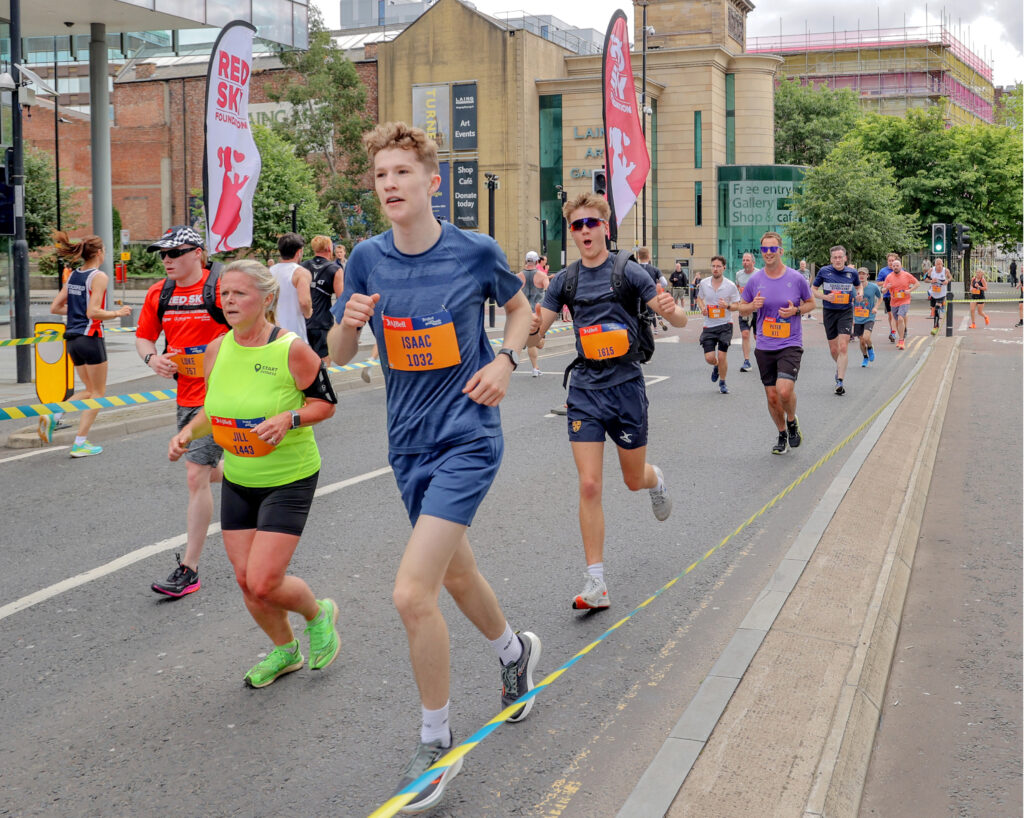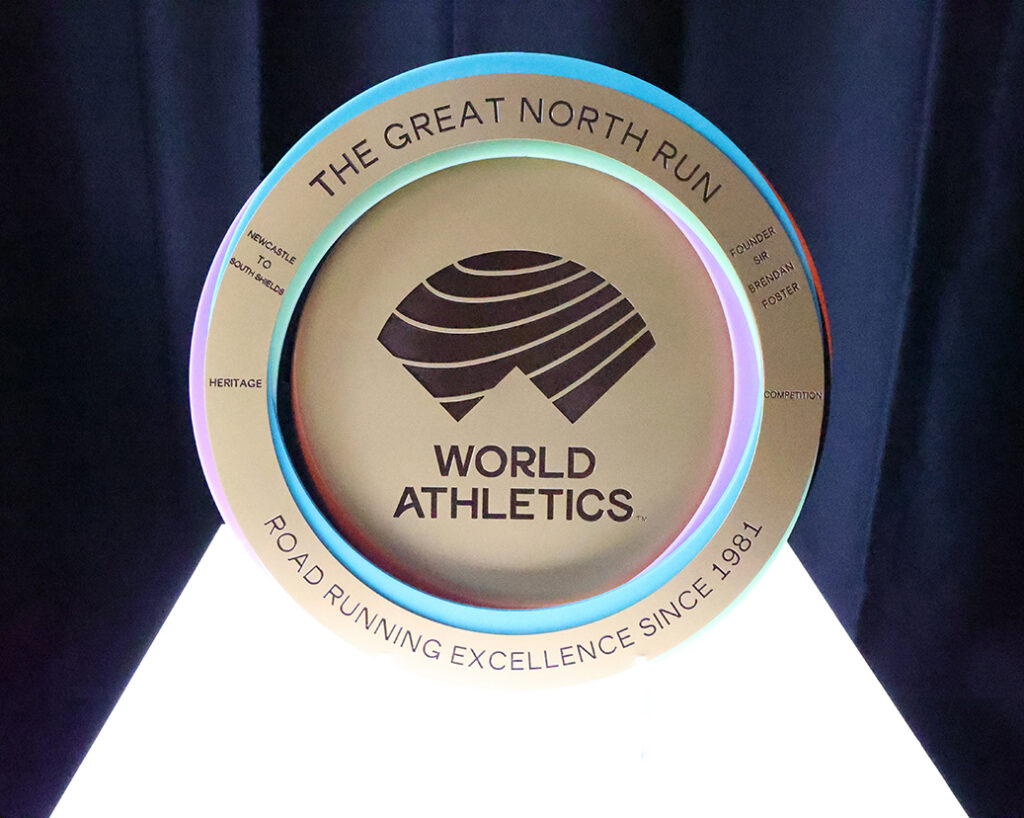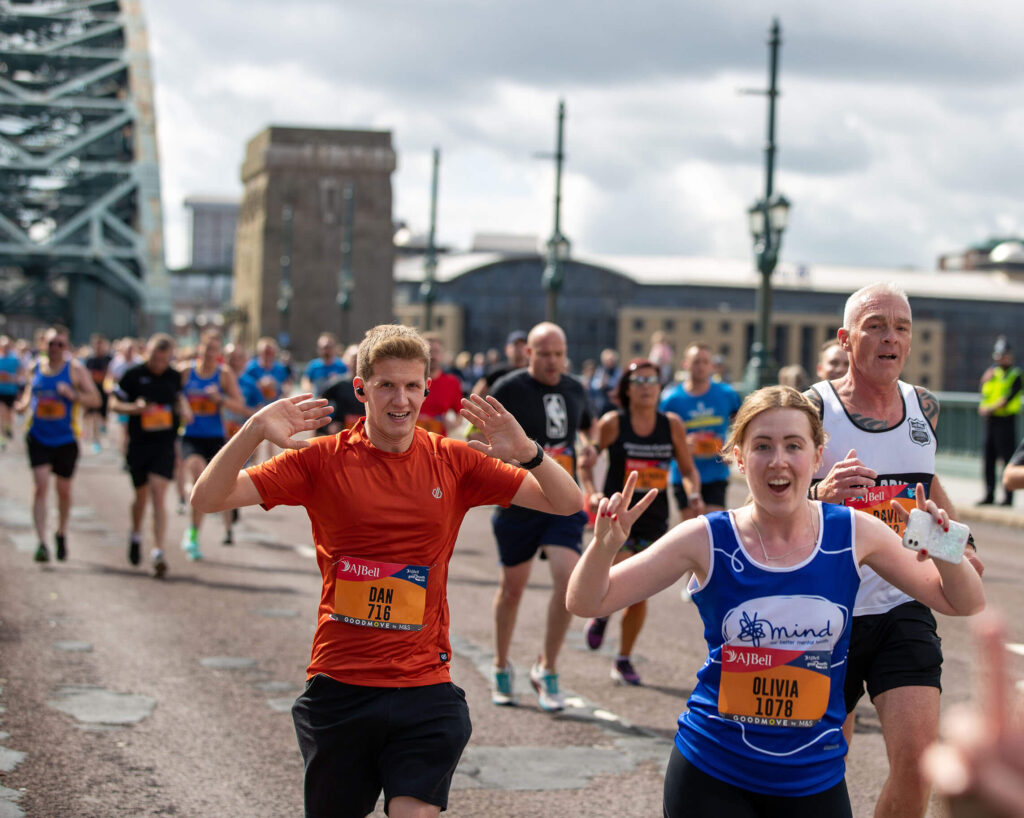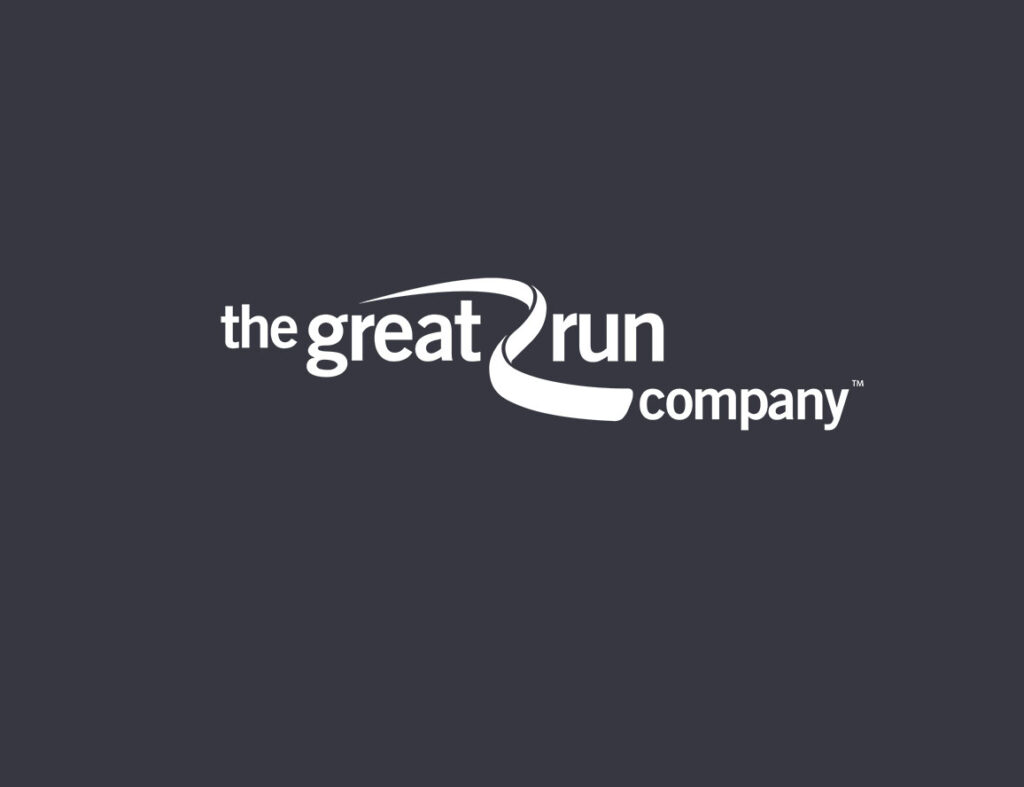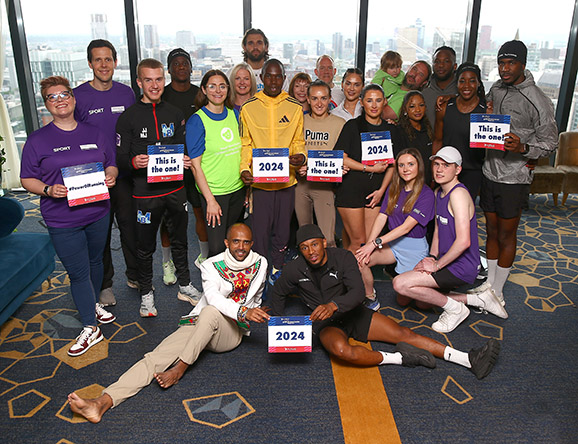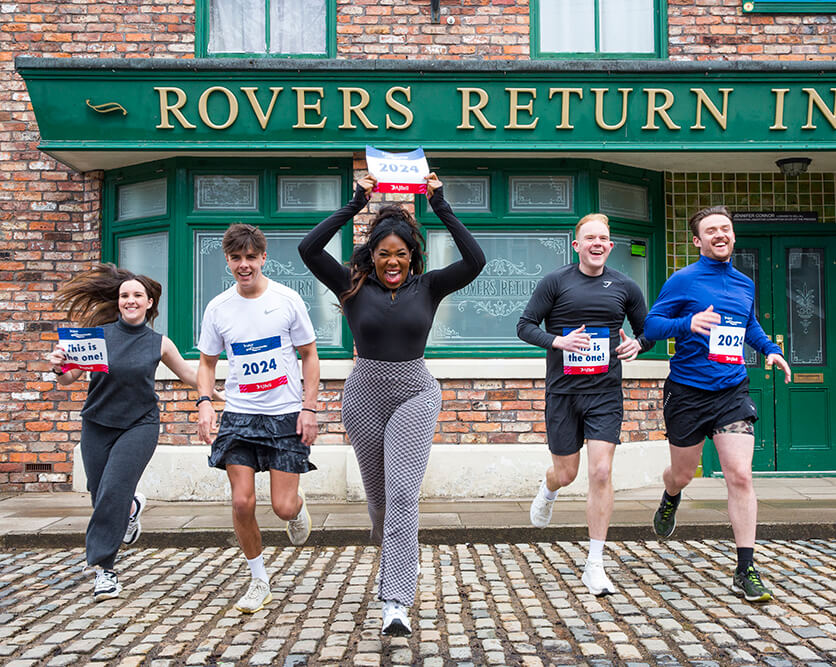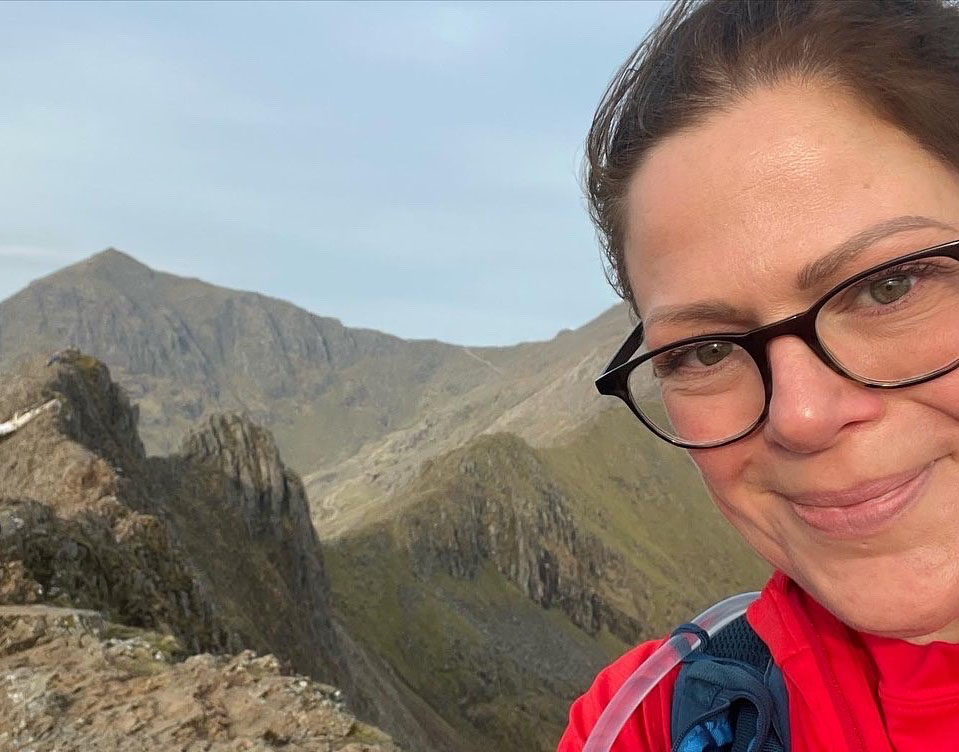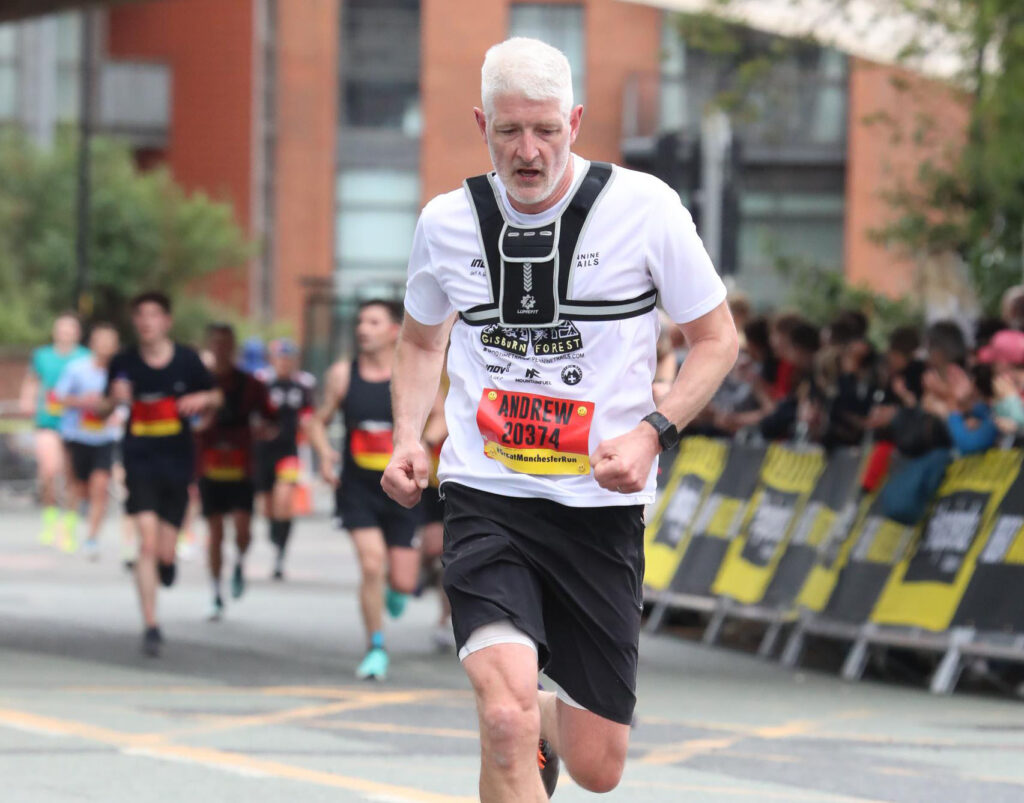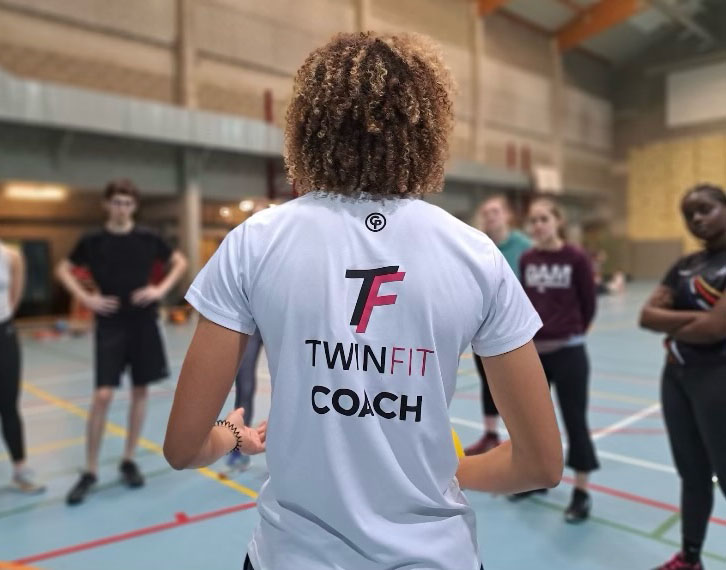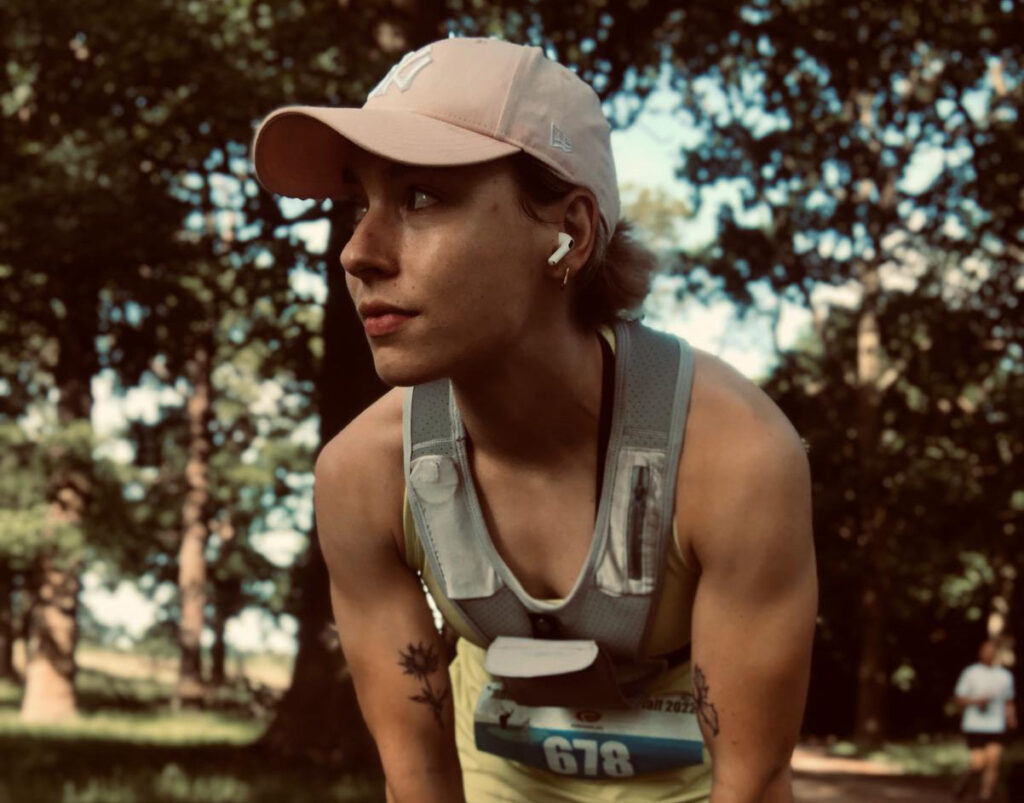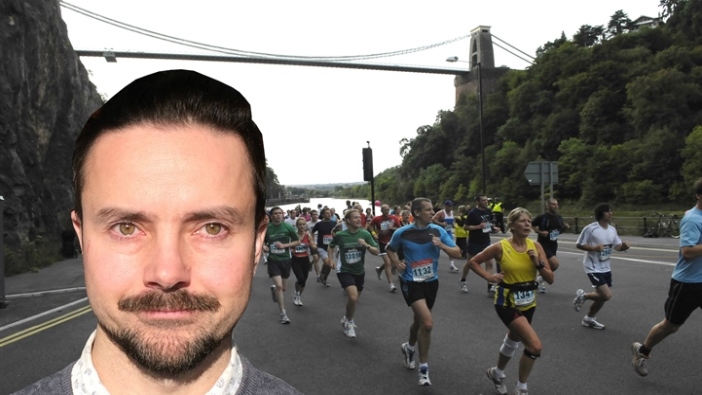
Appliance Of Science For Bristol’S Julian
To enter the Great Bristol 10K, visit greatrun.org/great-bristol-10k
A BRISTOL-BASED scientist will take part in the Great Bristol 10K to test out a groundbreaking new genetics-based training programme.
Julian Gough, a professor of Bioinformatics in the Department of Computer Science at the University of Bristol, has signed up for the event in his home city and has commenced training using the Genetrainer programme which he co-founded.
Genetrainer, which is in development stage, takes genetic information and builds a training schedule to optimise performance. Professor Gough has decided to take on the 6.2-mile course to better understand how the system will work in practice.
Professor Gough is a novice runner, but an expert in the field of personal genomics, and is looking forward to testing his body instead of his brain on May 16.
“I’m being made to do this by my co-founders,” admitted the Bristolian. “They say it’s about time I did something.
“Every time I go for a training run, I record it and wear a heart rate monitor. It tracks my level of fitness and level of recovery. It tells me when to have rest days, and tells me when I’m overtraining, helping me to manage my training schedule.
“It’s a Bristol-founded company so it makes sense to test it at the Great Bristol 10K. The main reason for me doing this is that I’m a professor, my expertise is on the genetics side, so I really need to understand the sports side of it a bit better.”
While many runners choose GPS tracking apps on their smartphones to monitor their training, Professor Gough feels that the genetic information that Genetrainer will use sets it apart from other training materials.
“The basic idea is that you get a genetic test, then you enter your results into the system alongside any training objectives that you have, and then it would give you information personalised to you based on your own genetic make-up,” explained Professor Gough.
“For example, it can give you a training schedule or recommend how much recovery time you would need between runs, it will also know when you are overtraining and when you need to rest.
“It’s the future. The essential part of this is that it has to be combined with tracking your progress. Half the story is your genetics, the other half is your current physical condition and training. It takes both of those factors into account and updates and adjusts as you are progressing with your training.
“It’s important to be clear that we don’t think everything we do is genetically determined, but it’s half the story that most people are missing. It’s crucial that part of this is tracking the progress, otherwise we can’t be able to adjust that using genetic differences between people.
“At the moment, we’re testing it. It takes a time to test it but the results are promising so far.”
To enter the Great Bristol 10K, visit greatrun.org/great-bristol-10k

